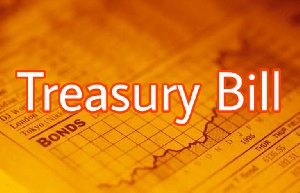- Home - News
- Elections 2024
- News Archive
- Crime & Punishment
- Politics
- Regional
- Editorial
- Health
- Ghanaians Abroad
- Tabloid
- Africa
- Religion
- Photo Archives
- Press Release
General News of Monday, 12 May 2025
Source: www.ghanawebbers.com
Sharp Cedi gains could hurt exports, undermine growth – Prof. Baah-Boateng
Professor William Baah-Boateng, an economist at the University of Ghana, has concerns about the rapid appreciation of the Ghanaian Cedi. He warns that this development could have unintended consequences for key economic sectors. His comments follow reports of a significant rebound in the Cedi’s value against major currencies.
The interbank rate is now GH¢13.29 to the US dollar. This is a notable improvement from rates above GH¢16 earlier this year. On May 12, 2025, during the Citi Breakfast Show, Prof. Baah-Boateng emphasized a cautious approach to this upward trend.
He stated that while a stronger Cedi lowers import costs, it also makes exports less competitive. This situation may discourage export activity and increase reliance on imports. "When there is an appreciation, we are happy," he said, "but we may not know what is in the reversal."
Prof. Baah-Boateng explained that exporters might complain as they earn less money from their goods. If exporters feel they are not benefiting, they may shift focus from exporting to importing. Increased imports could harm domestic production if local producers cannot compete with lower-priced goods.
He noted that more imports would compete with local products in the market. Local prices may remain high while imported goods come in at lower prices. This competition could undermine economic growth in Ghana.
Meanwhile, the Ghana Union of Traders’ Association (GUTA) has urged its members to reduce prices for goods and services due to the Cedi's recent appreciation.











